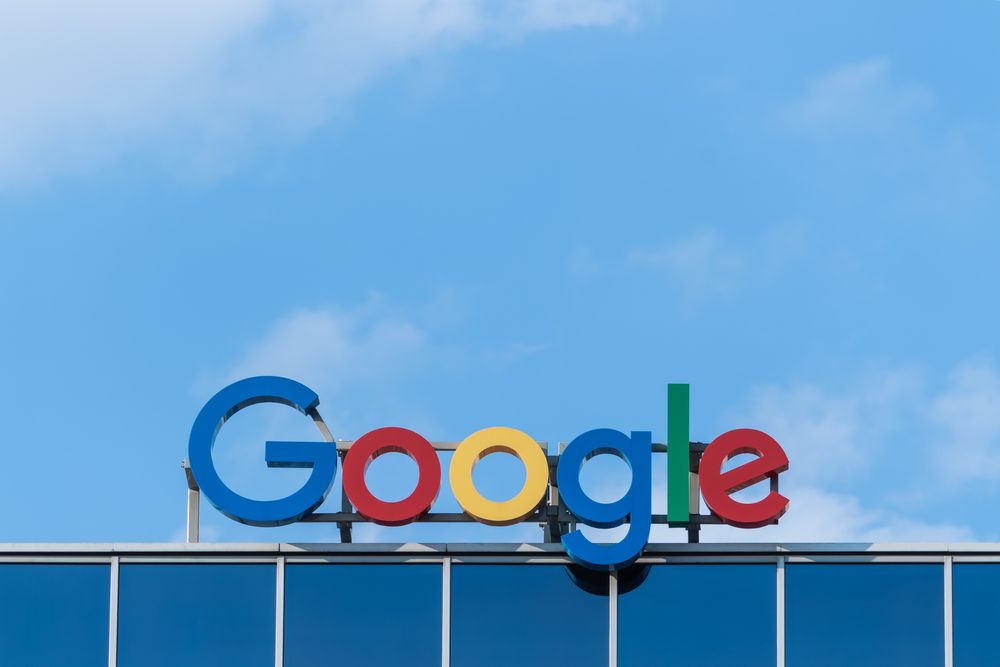Google’s proposal to prohibit third-party cookies in its Chrome browser has been postponed. Cookies keep track of users’ online activities and allow digital publishers to target advertisements to them. A number of Google’s competitors, including Apple, Microsoft, and Mozilla, have already restricted them.
However, critics argue that Google’s ban encourages ad sellers to go directly to the company for this data, giving it an unfair edge. This is because Google intends to replace the system with one of its own designs, which it believes is more privacy-friendly while still allowing advertisement. The UK Competition and Markets Authority is already looking into its recommendations.
The prohibition was supposed to go into effect in 2022, but it has been postponed until 2023. “It’s become evident that time is needed across the ecosystem,” said Vinay Goel, privacy engineering director for Google’s Chrome browser, in a blog post.
Chrome has a 65 percent market share worldwide, according to GlobalStats. The delay, according to Farhad Divecha, head of digital marketing business AccuraCast, is good news for his industry. “We appreciate the delay and only hope that Google takes advantage of it to engage with the CMA as well as the other stakeholders who will be impacted by the changes, such as advertisers, agencies, publishers, and ad-tech and tracking solution providers,” he said.
The Privacy Sandbox is the name given to Google’s latest privacy proposals. The introduction of something called The Federated Learning of Cohorts, or “Floc,” is one of its principles. The concept is that a browser with Floc would collect data on users’ browsing patterns and assign them to a group, or “flock,” of people who have similar surfing histories. Each would have a unique ID that advertising could use to determine their preferences. The Electronic Frontiers Foundation (EFF) described it as “[Internet] users beginning every conversation with a confession: ‘Here’s what I’ve been up to this week, please treat me accordingly.”
A “more specific schedule” will be presented on the company’s Privacy Sandbox website, according to the company. But, in the meantime, here’s the company’s current schedule, which includes a warning that the updated schedule will need to be approved by regulators:
Our objective for Chrome is to phase away support for third-party cookies in two stages after this public development process, subject to our participation with the CMA:
Stage 1 (beginning in late 2022): We’ll announce the start of stage 1 once testing is complete and APIs are available in Chrome. Publishers and the advertising business will have time to move their services during stage 1. We anticipate that this stage will take nine months, and we will closely monitor adoption and comments before going on to stage 2.
Stage 2 (starting in mid-2023): Over the course of three months, Chrome will gradually stop support for third-party cookies, with the last phase ending in late 2023.









